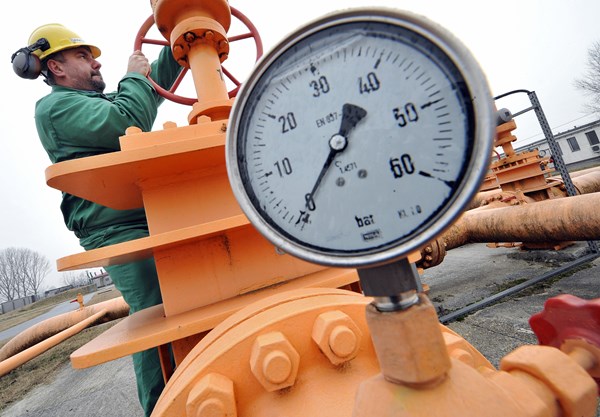Ukraine announces plans to end Russian gas transit by 2025
During the German-Ukrainian business forum in Berlin, Ukrainian Energy Minister Herman Halushchenko announced comprehensive measures to ensure the stability of Ukraine's own gas transmission system in anticipation of stopping Russian gas transit as of January 1, 2025. "Our position is quite transparent: we're preparing for zero transit as of January 1. We've been making these preparations for quite some time now. Just this year, we've conducted several stress tests on our gas system to assess its operations amidst zero transit," said Halushchenko.
The existing contract between Ukraine's Naftogaz and Russia's Gazprom, established in 2019, is set to expire. Ukraine has made it clear that no new agreement will be pursued.
Russia began transiting gas through Ukraine in the 1960s via a gas transportation system that became a critical pathway for delivering natural gas to Europe. For over five decades, Ukraine remained Russia's key gas transit route to Europe.
In the two decades following Ukraine's declaration of independence, more than 100 billion cubic meters of gas were annually transmitted via the country's system. Transit volumes peaked during the 1990s, but began to decline post-2009's winter "gas war" between Naftogaz and Gazprom.
The post-2019 period witnessed transit under a five-year contract mandating a minimum guaranteed gas volume. Starting in 2022, Gazprom began incremental reductions in transit volumes.
On October 7, Prime Minister Denys Shmyhal, during a joint press conference with Slovakian Prime Minister Robert Fico, declared that Ukraine would not renew its transit agreement with Russia following the deal's conclusion.
On July 29, energy expert Yuriy Korolchuk warned that halting Russian gas transit might escalate gas delivery costs and cause pressure complications in pipelines across three regions.
